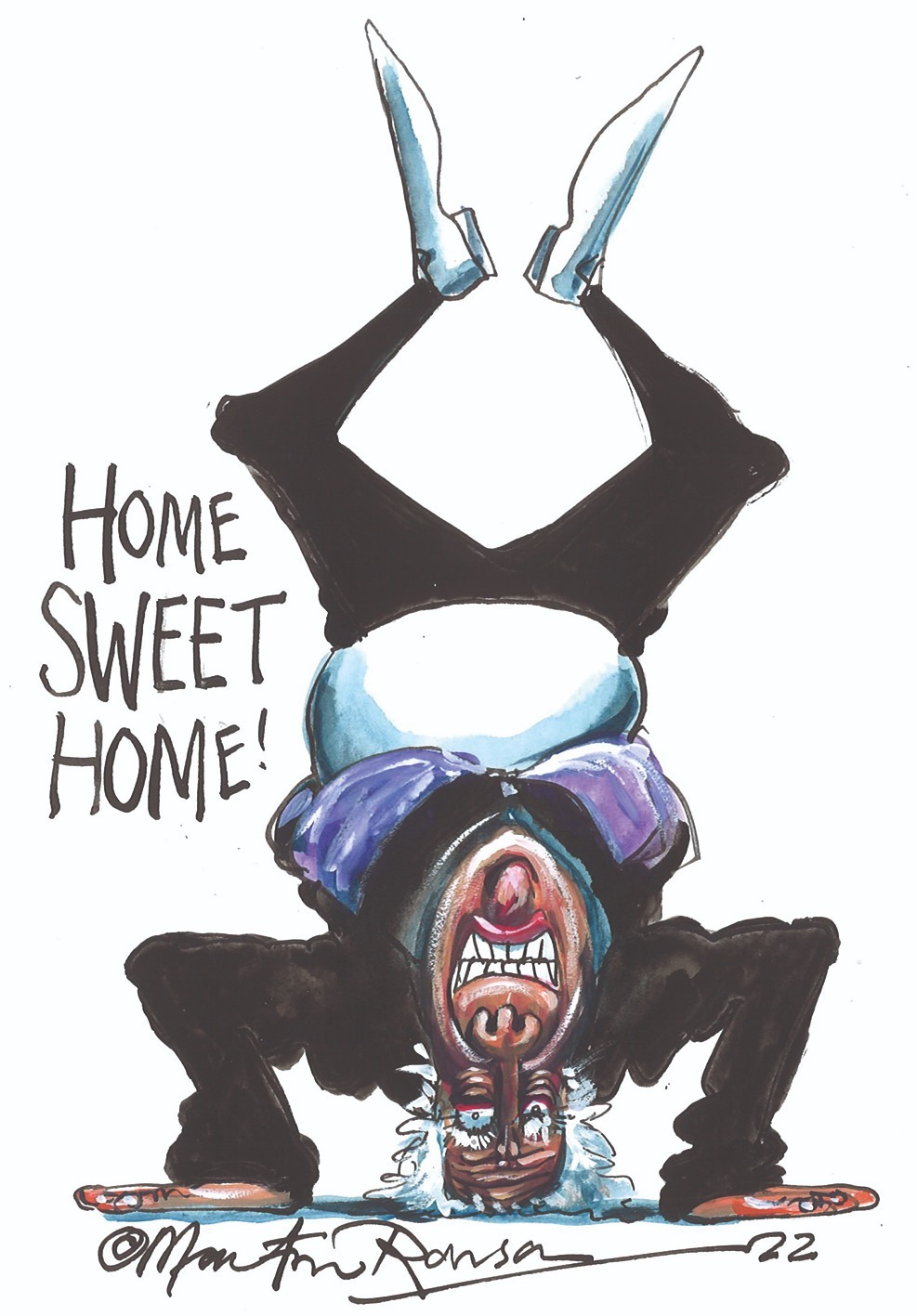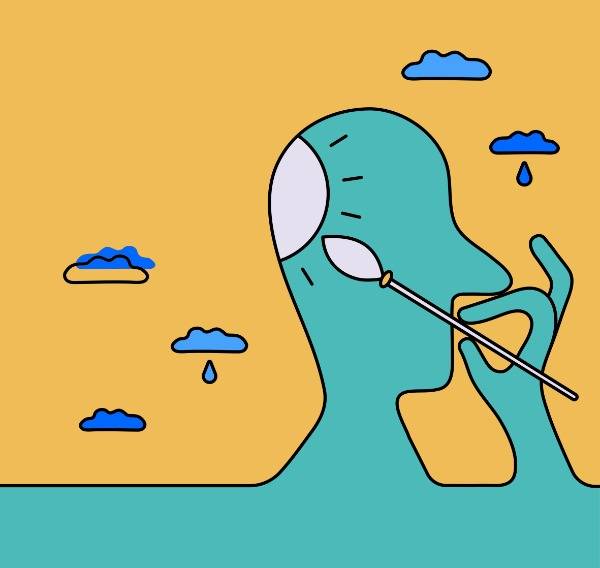
As I sidle out of bed every morning I am increasingly put in mind of the Lewis Carroll poem: “‘You are old, Father William,’ the young man said, / ‘And your hair has become very white; / And yet you incessantly stand on your head– / Do you think, at your age, it is right?’”
In truth, I don’t exactly emulate Father William’s headstand, but I do embark on a series of rather bizarre physical exercises. Before I risk a trip to the bathroom, I check that my surgically replaced ankle is in good working order by standing on one leg for several seconds. Then I need a few minutes of running on the spot to prove that my newly fitted pacemaker is ticking over nicely.
These are only the more dramatic signs. They sit alongside more mundane evidence of physical deterioration: an anxiety about biting into apples, a refusal to run for buses, a declining capacity to throw up both arms in any sort of exultation, and a distinct unreadiness to bend down in a public place and tie up my shoelaces.
But all these corporeal concerns count for little when set against my new existential discovery. It can be simply stated: I never, ever, never, ever want to go on holiday again. I don’t want to spend so much as a single night in a small hotel in Paris, or a fat villa in Antibes. I don’t want to travel several thousand miles in order to look at tropical birds and a basking hippopotamus. I don’t want to sit on a yacht, walk the Pilgrims’ Way or be sculled through Venice by a singing gondolier.
This new-found reluctance to leave home has nothing to do with any anxiety about the customary hassles of travelling. It is entirely prompted by a recent aversion to nearly every one of the delights that are so regularly reported by friends who have returned from holiday. The more they tell me about their vacation, the more my resolution is stiffened.
Here, for example, on my writing desk, is a recently received picture of Michael and Janet lounging on white plastic sun-beds beside a blue swimming pool somewhere in the south of France. “We are really away from it all at last,” runs the self-congratulatory message. The photo is in perfectly focused glossy Technicolor, but all I can see is an encroaching greyness: the perceptual deprivation induced by having nothing to stare at for hour after hour apart from a stretch of flat chlorinated water and the constant fear of losing your lounger when you depart to grab some buffet lunch.
But far more relevant to my new resolution is this report from Charlotte and James. They’re an acerbic couple, always alert to hypocrisy and double standards. But still they can’t wait to tell me in an email that “Yesterday we visited the magnificent cathedral. Such a solemn and holy place, with crowds of worshippers before the renowned statue of the Virgin Mary. An unforgettable experience!”
And Charlotte and James are hardly alone. Over the years, dozens of my agnostic and atheist friends who would normally no more visit a holy building than volunteer to tour the local abattoir have reported in rapturous tone on their “delightful” visits to foreign churches and abbeys and monasteries. But more than that. They’ve told me in detail about the wonders of attending religious processions and parades. “Laurie. If you look closely at the head of the procession you can see the casket that is said to contain a splinter from the Holy Cross.”
But I suspect that none of these factors contribute so much to my abhorrence of holidays as my loss of a critical cognitive faculty. To put it simply, I no longer have the mental capacity to pretend that matters are really better than they actually are, to simulate my delight at a merely average French seaside restaurant, or a garish Italian sunset, or an over-extended Portuguese fado, or the discovery that my hotel room bears only a parodic reference to the one featured in the brochure. I can only recall Robert Robinson’s astute observation that wherever you stay on holiday will always be less comfortable than your home.
All in all, I have far more sensible and reasonable matters to attend to than a holiday. Tomorrow, for example, I intend to practise standing on my head.
This piece is from the New Humanist winter 2022 edition. Subscribe here.

